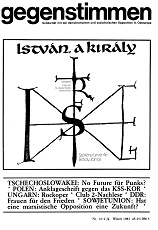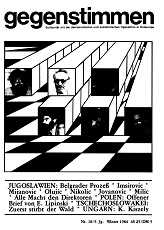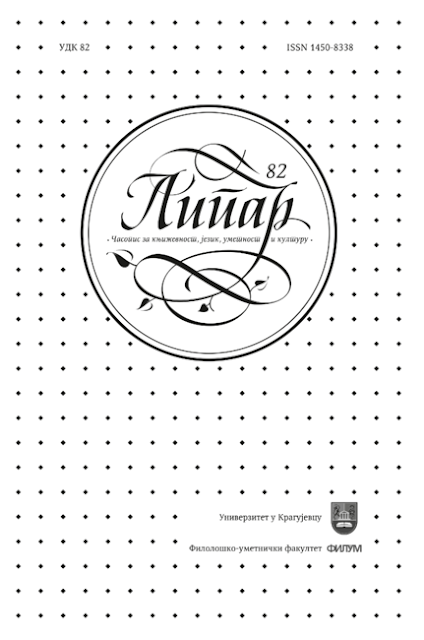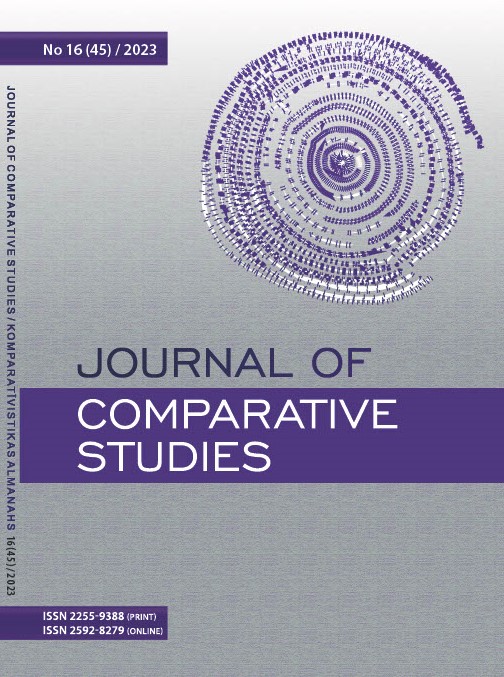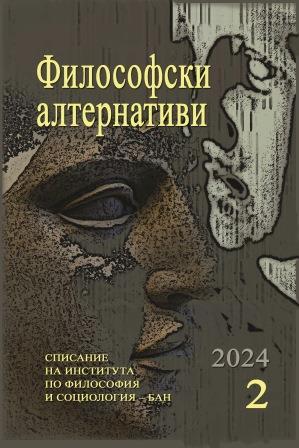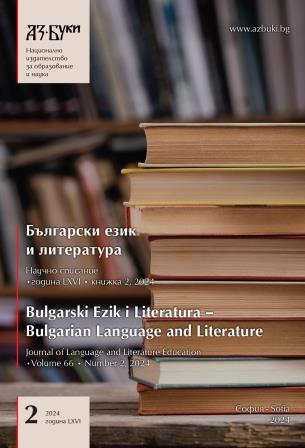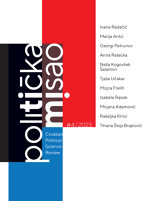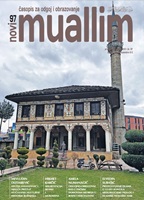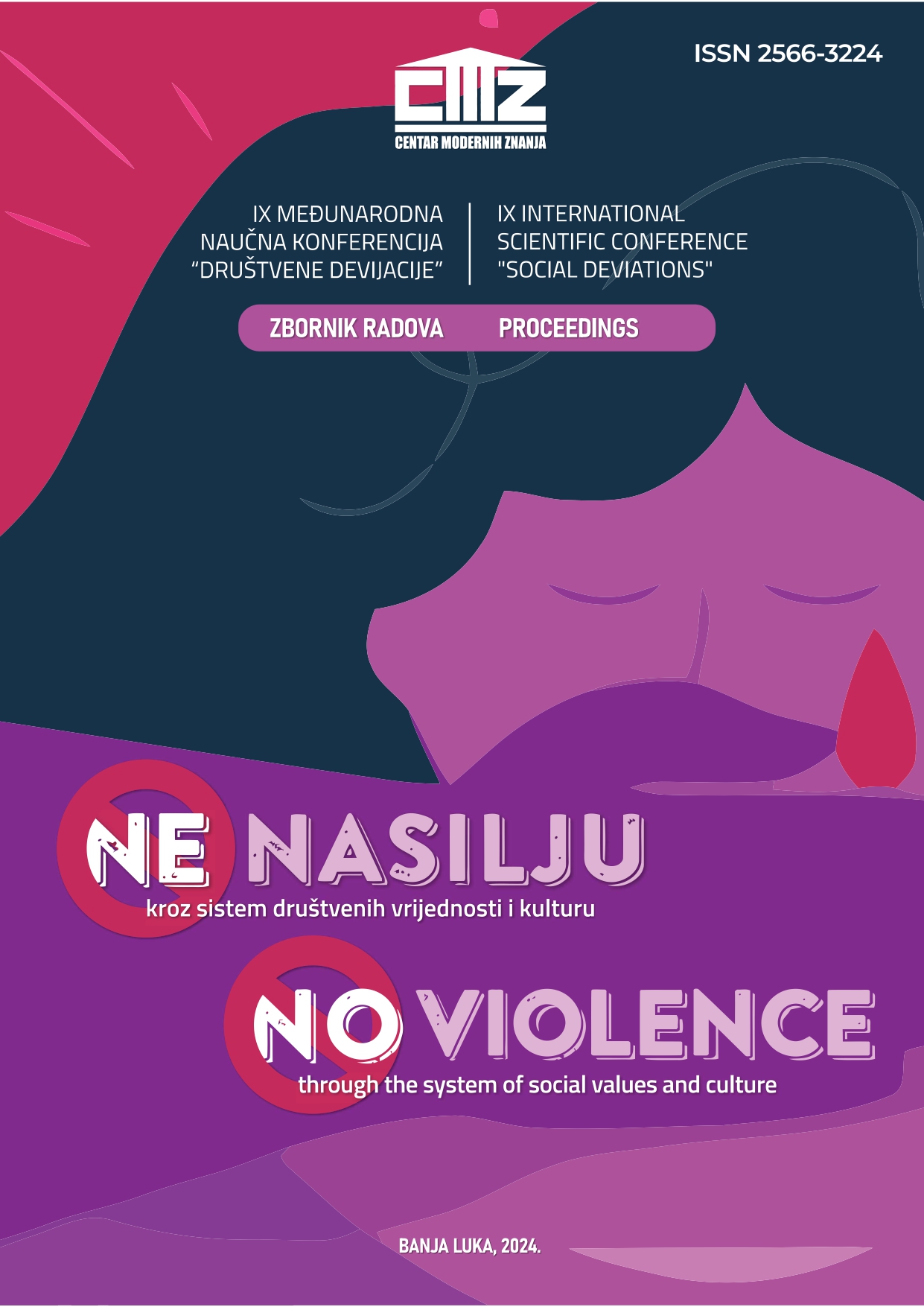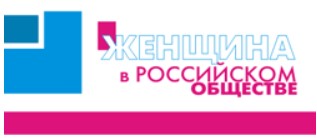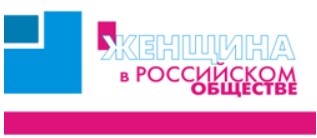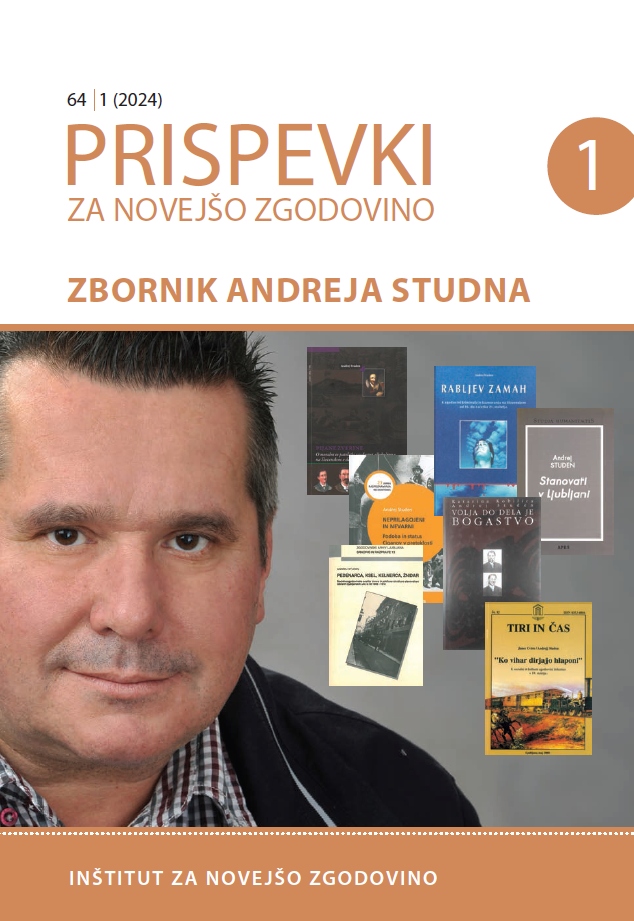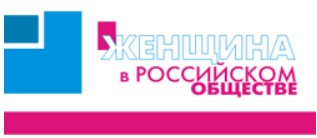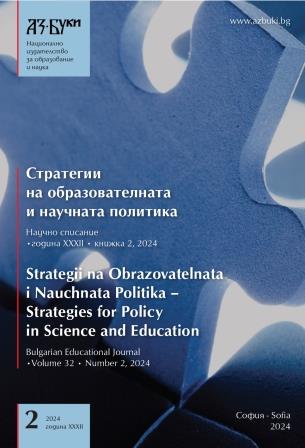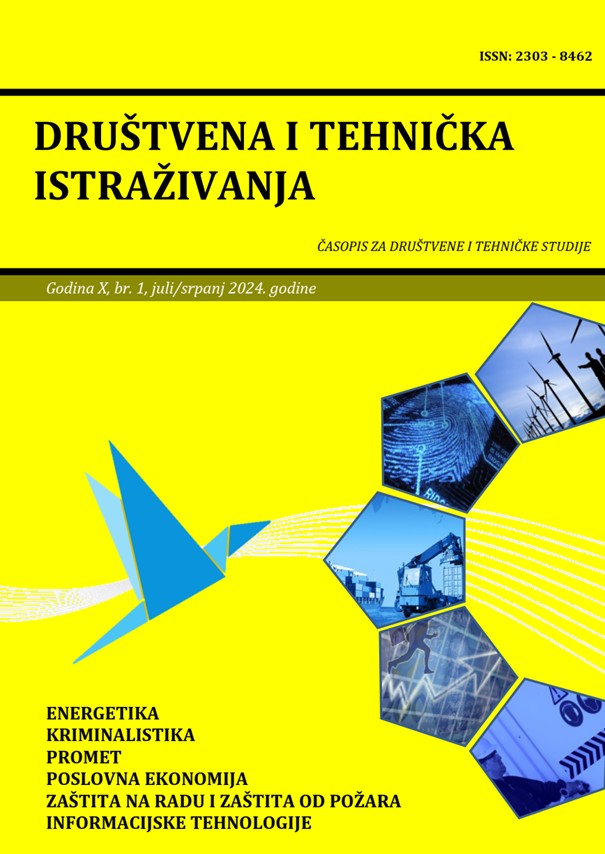Author(s): Ines Prica,Deniver Vukelić,Ljubica Anđelković Džambić,Mirela Hrovatin,Vilma Benković,Kristina Vugdelija,Sanja Potkonjak,Marijana Dragičević,Ivana Budimir,Sanja Đurin,Adrijana Vidić,Noel Putnik,Helena Glavaš / Language(s): Croatian
Issue: 1/2024
Review of:
1.) O biblioteci Nova etnografija – uz više od 20 godina postojanja i drugo izdanje prvog objavljenog djela;
2.) Zoran Čiča, Vilenica i vilenjak. Sudbina jednog pretkršćanskog kulta u doba progona vještica, Drugo, izmijenjeno izdanje, Institut za etnologiju i folkloristiku, Zagreb, 2023., 212 str.;
3.) Stjepan Pepeljnjak, Bela roža i črleni jorgovan. Običaji zagrebačke okolice od tradicije do pučkoga kazališta, ur. Tvrtko Zebec i Anamarija Žugić Borić, Institut za etnologiju i folkloristiku, Zagreb, 2022., 355 str.;
4.) Miroslava Hadžihusejnović Valašek, Dušo, sad pođi sa mnom. Tradicijske nabožne pripovjedne pjesme i molitve iz Slavonije i Baranje, Đakovačkoosječka nadbiskupija, Đakovo, 2022., 350 str.;
5.) Jelka Vukobratović, U (g)radu i zabavi. Etnografija križevačkih glazbenika, Hrvatsko etnološko društvo, Zagreb, 2022., 134 str.;
6.) Mi gradimo otok, otok gradi nas. Okoliš sjećanja / We are building the island, the island is building us. Environment of remembrance, ur. Jasmina Bavoljak, voditelj projekta Davor Bavoljak, Udruga Goli otok “Ante Zemljar”, Zagreb, 2021., 215 str.;
7.) The Caring State and Architecture. Sites of Education and Culture in Socialist Countries, ur. Jasna Galjer, Sanja Lončar, Hrvatsko etnološko društvo, Zagreb, 2021., 236 str.;
8.) Nina Vodopivec, Tu se ne bo nikoli već šivalo. Doživljaji izgube dela in propada tovarne, Inštitut za novejšo zgodovino, Ljubljana, 2021., 307 str.;
9.) Andrea Matošević, Kolos Jadrana. Industrijski film i brodogradilište Uljanik u drugoj polovici XX. stoljeća, Srednja Europa, Zagreb, 2023., 219. str.;
10.) Pioniri maleni. Crtice iz života pionira kroz zbirke Hrvatskoga školskog muzeja, autorica izložbe Kristina Gverić, Školski muzej, Zagreb, 2024.;
11.) Shaping Revolutionary Memory. The Production of Monuments in Socialist Yugoslavia, ur. Sanja Horvatinčić i Beti Žerovc, Igor Zabel Association for Culture and Theory i Archive Books, Ljubljana, Berlin, 2023., 421 str.;
12.) Robert Rydzewski, The Balkan Route. Hope, Migration and Europeanisation in Liminal Spaces, Routledge, London, New York, 2023., 160 str.;
13.) Ecofeminism on the Edge. Theory and Practice, ur. Goran Đurđević i Suzana Marjanić, Emerald Publishing Limited, Leeds, 2024., 263 str.;
14.) Balcano-Balto-Slavica i semiotika, odg. ur. I. A. Sedakova, ur. A. B. Ippolitova, Institut za slavistiku RAN, Moskva, 2023., 116 str.;
15.) Indija i srpska književnost, ur. Nemanja Radulović, Zadužbina “Dositej Obradović”, Beograd, 2021., 145 str.;
16.) David Šporer, Konformizam radikalne misli. Kritički historijat metodoloških i političkih pozicija Michela Foucaulta, Disput, Zagreb, 2023., 354 str.; 17.)
More...
